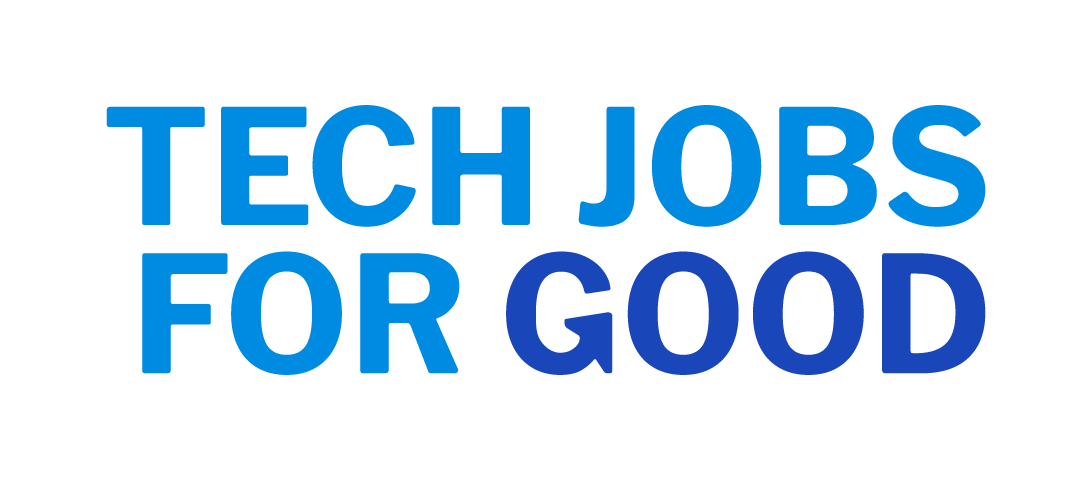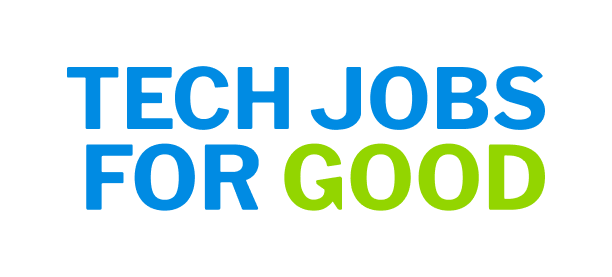“What do you want to be when you grow up?” Remember that question? How about: “Where do you see yourself in 5-10 years?” If you’re like most people, these questions feel stressful. You can’t predict the future! How are you supposed to set career goals?
Setting a career goal can help you figure out what kind of jobs to look for, pick between two different job offers, or choose a career path after graduation. However, a lot of people don’t have one– and most of the time it boils down to not knowing how to set good career goals.
What is a career goal?
A career goal can be medium term or long term, but it’s never short term. A career goal is something that you want to work towards or maintain, usually across multiple jobs or significant time invested in networking, developing your skills, and gaining experience. You don’t have to be a workaholic or prioritize work over other areas of your life to have a career goal; everyone should have a career goal!

What types of career goals can I set?
Lifestyle Career Goals
Lifestyle career goals are the most common and easiest type of career goal to set. A simple but helpful way to think of work is a process that turns your time into money. Time and money are important factors in how you live your life, and lifestyle career goals are about how work impacts those two factors. For example:
- I want to retire early, so I need to make a certain amount of money in the next 20 years.
- I want to spend time with my family, so I want a job with flexible hours that never goes over 35 hours a week.
- I want to be able to afford a home in a high cost of living area, so I want a job that pays me at least $100,000 a year.
Notice how the start of each of these career goals is actually something you want to achieve outside of work? Lifestyle career goals are focused on using work as a lever to live the life you want.
Job-based Career Goals
Job-based career goals are usually what people imagine when they think of career goals, which is probably why so few people have career goals in the first place. Job-based career goals are usually goals to achieve a certain job title or get promoted to a certain position within your organization. For example:
- I want to become a pediatric neurologist.
- I want to become the Senior Vice President of North American Sales at my company.
- I want to become a tenured professor of History.
These goals are very prescriptive of a career track. If you want to become a doctor, there are certain steps that you must take, no exceptions. It’s easy to know what you have to do next, even if it’s hard to accomplish. The problem is that most people don’t know what exactly they want to do for the next 30 years, but society says that you should know. We ask kids: “What do you want to be when you grow up?”, not: “How do you want to live when you grow up?”
Accomplishment Career Goals
Accomplishment career goals are the rarest and usually the hardest type of career goals to achieve. At first glance, they may seem similar to a job-based career goal, but they differ in one very important way— there is no track or path to accomplishing them. For example:
- I want to become a best selling author.
- I want to make an important scientific breakthrough about cancer.
- I want to visit Mars as an astronaut.
- I want to end hunger.
Even if people have accomplished your goal before, no one accomplishes these things in the same way. You will have to try many avenues, face many failures, and no matter how hard you work, the odds are still against you. However, you can pair accomplishment career goals with specific tasks and subgoals that you can achieve to increase your chances of success (i.e. write one book a year).
How do you pick a career goal?
If you don’t have a clear accomplishment or job-based career goal already, set a lifestyle career goal. Everyone has to live! But keep in mind that you should reevaluate your career goals periodically (once a year and whenever you change jobs or have another major life event). Sometimes career goals change, and that is okay!

This article or portions of this article was written by Karissa Justice and originally appeared on Work Can Be Better.



